In Pursuit of Ad Agency Utopia
Curt Hanke — FOUNDER, PRINCIPAL, CEO & CHIEF STRATEGIST
Originally published in Ad Age Magazine on January 26, 2010
Why You Should Talk About Your Values

Every small agency has its startup story. Its “When we stopped being a cog and started our journey toward world domination” manifesto, best reprised between the second and third glass of wine. Told with pomp and bluster alike, these stories speak to the spirit of the agency and the values upon which it was founded.
But when was the last time you really thought about your agency’s values? Much less used them as a tool to create clear expectations for both your employees and clients?
At our inception in 2001, we asked ourselves a few simple questions. Why does work have to feel like work? Why can’t work feel more like play? Why can’t work be the best part of someone’s day (or at least a really close second)? And we’re not talking about a pool table, free sushi, and an agency bar (although we’ve found that those things certainly don’t hurt when it comes to employee morale).
Rather, we’re talking about our relationships with our clients — specifically, the nature and quality of our interactions — that have such a profound impact on our work lives. Is there a shared spirit of respect, integrity, and honesty? Do we treat each other with kindness and understanding? Do we give each other the benefit of the doubt? As an agency, have we cultivated the kind of trust that leads to work that inspires and motivates not just purchase, but brand allegiance?
Now I recognize you’re likely rolling your eyes right about now, and with good reason. Utopia does not exist. But while this type of rhetoric may sound ethereal, we do believe that talking about these values — at the inception of a relationship — can have a significant impact on agency-client relationships. Think of it as having the hard conversations with your clients, before they ever get hard.
At Shine, we have codified this concept into something we call the Shine Charter, a written statement of our business philosophy that we present to new clients during the agency review process. A promise, if you will, of what our clients can expect from us — and also, what we will expect from them and their organization. While we modify the Charter for each client based on our conversations and the specific scope and nature of the engagement, each Charter has three core promises.
We will always be truthful and honest. No sacred cows. No hidden agendas. No finger-pointing. When we make mistakes (and we do — it’s just human nature), we own them and fix them — and expect the same from our clients. We ask the hard questions and the easy ones alike. We roll up our sleeves and define expectations, risk tolerance, politics, agendas — anything and everything that can impact our ability to succeed. Yes, this requires lots of conversations. And yes, when done properly, it can lead to wonderful agency-client relationships.
We will always be passionate about your business. We’ve all been there. Beaten down. Pushed around. Burned out. The cold, hard reality is that we are in the business of generating and executing ideas that build brands and move the sales needle. And big ideas don’t come from passionless relationships.
Being a small agency isn’t easy. But one of the benefits is our ability to control our own destiny — to walk away from relationships that quite simply are not a fit. For our clients, this means that the day we lose our passion for their business — for whatever reason — we will help them find their next agency partner.
Profitability for all. Agencies are in business, just like their clients. To serve the community, to hopefully better humankind and, yes, to make a buck or two. We expect to earn an honest day’s wages for an honest day’s work. We don’t play any financial games and we’re willing to guarantee our work. In exchange, we ask that our clients don’t beat us up time and time again over budget, and that they pay their invoices when they’re due.
Bottom line, we’ve found that by sharing our Charter and having hard discussions up front, we create a platform of mutual understanding that leads to better work, better interactions, and better collaboration. As Thomas Jefferson is famous for saying, “I find that the harder I work, the more luck I seem to have.” We would argue that the same holds true for agency-client relationships.


